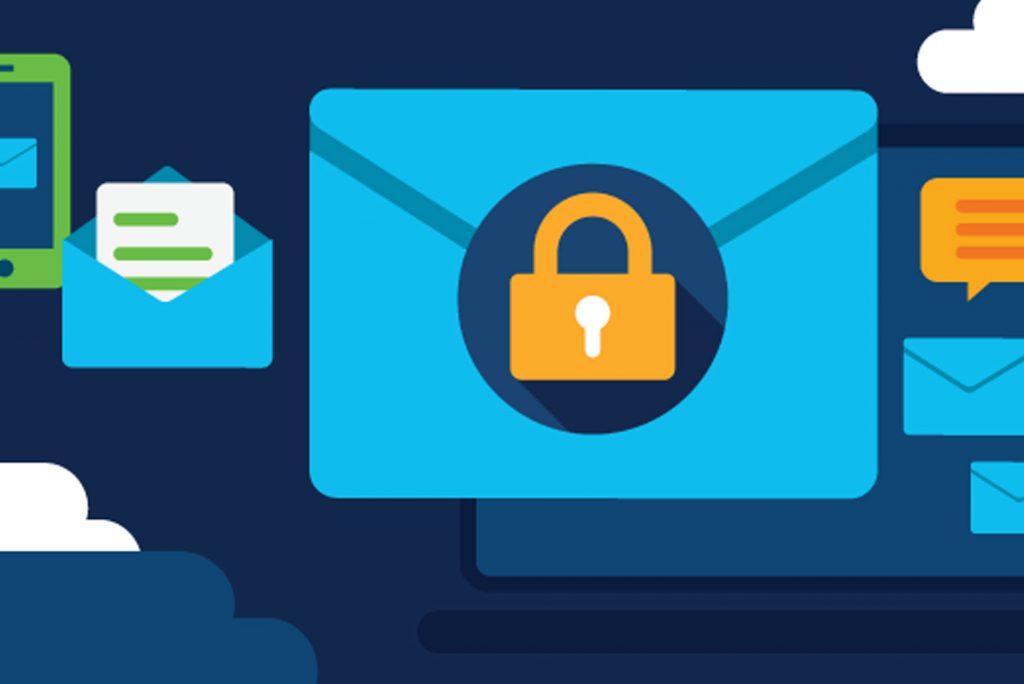Email has become an indispensable tool for communication in both personal and professional contexts. However, with the increasing reliance on email, the risk of email-related security threats has also risen. From spam and phishing scams to email hacking and identity theft, there are many risks associated with email that can compromise your privacy and security. In this article, we will offer some tips on how to keep your email secure.
Use a strong password
The first and most important step to securing your email is to use a strong, unique password. Avoid using easily guessable passwords such as your name or birth date. Instead, use a combination of letters, numbers, and symbols to create a password that is difficult to guess. Also, avoid using the same password for multiple accounts.
Enable two-factor authentication
Two-factor authentication adds an extra layer of security to your email account by requiring a second form of authentication, such as a code sent to your phone, in addition to your password. This makes it much harder for hackers to gain access to your account even if they manage to guess your password.
Keep your software up to date
Make sure that your email client and operating system are up to date with the latest security patches and updates. This will help to protect your system from known vulnerabilities that could be exploited by hackers.
Be cautious with email links and attachments
Be wary of links and attachments in emails, especially if they are from unknown or suspicious sources. These could be phishing scams designed to steal your personal information or infect your computer with malware. Always check the sender’s email address and verify that the link or attachment is legitimate before clicking on it.
Use encryption
Email encryption is a process of encoding your email messages so that only the intended recipient can read them. This is particularly important if you are sending sensitive or confidential information via email. Most email clients offer encryption options, so make sure to enable them if you are sending sensitive information.
Use a VPN
A Virtual Private Network (VPN) is a service that allows you to connect to the internet via a private, secure network. This can help to protect your email and other online activities from prying eyes, especially if you are using a public Wi-Fi network.
Be mindful of your personal information
Be careful about sharing personal information in emails, especially sensitive information such as your Social Security number or bank account details. Also, avoid using your email address as your username or sharing it publicly on social media platforms, as this can make it easier for hackers to target you.
Email security is an important aspect of online security that cannot be ignored. By following the tips outlined, you can help to protect your email and personal information from cyber threats. Remember, prevention is better than cure, so take the necessary steps to secure your email today.

